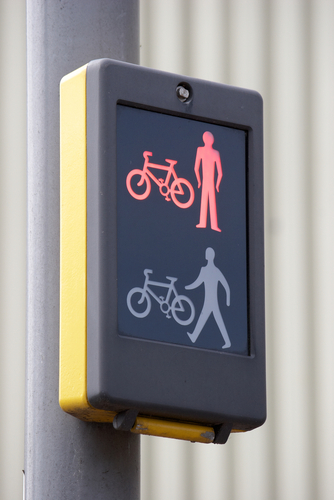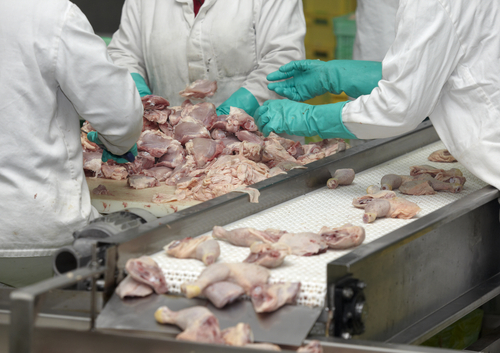A while back, I wrote a story on racial diversity — or, more accurately, the lack thereof — in the risk and insurance industry. There were several people I talked to whose words have stayed with me even almost four years later. Specifically, I remember a few days spent in Philadelphia at the annual conference of the National African-American Insurance Association (NAAIA).
It was an interesting place to be while I, a white guy, was writing about what it is like for nonwhites to work in an industry that even today remains racially homogeneous to a staggering degree. Of the few hundred attendees there, I was one of about five white people. The awkwardness that I felt by this (at times … everyone was overwhelmingly welcoming), especially while walking around with a reporter hat on essentially asking everyone “So … what’s it like to be black?,” provided an excellent means to frame my understanding of how black people working in insurance must feel all the time. It is just strange to be unlike virtually everyone else around you from such a fundamental, identity-establishing perspective.
It was somewhat ironic, then, that the most enduring memory I have from those few days was provided by another person just like me: a white dude who stood out like a tourist. Jay Fishman, CEO and chairman of Travelers, gave a speech to discuss what his company was doing to try to promote better diversity at his company.
Here is how I wrote about it at the time.
[The September 2008] NAAIA conference in Philadelphia was particularly memorable as it marked both the association’s tenth anniversary as well as the first time the CEO of a major insurer gave a keynote address. Travelers chairman and CEO Jay Fishman spoke to around 200 people over lunch and was visibly emotional as he articulated his feelings on the industry’s legacy of exclusion and his company’s struggles to overcome the past.
“I’m outside my zone of comfort and to not acknowledge that, I’d be lying,” said Fishman. “I’m in awe of this group. My awkwardness is born out of sensitivity — not out of an unwillingness to tackle the subject.”
While Fishman admitted that Travelers may not have been focused on diversity for as long as some of the other carriers and brokers in the industry, he also expressed a personal commitment and discussed his company’s recent diversity program advancements. “There has been an awakening to the inequities of the past,” said Fishman. “We’re not where we want to be, but at best, we’re headed in the right direction. At best.”
When I wrote that he was visibly emotional, I mean that he might have actually been crying on stage. He was clearly choked up throughout his presentation and really seemed to be going through something while addressing an audience of black people and telling them that, essentially, his industry was still failing to include them just as much as it had been doing for the past century.
I’m not sure exactly what all this has to do with the video below. But the clip was made by Travelers and it shows Fishman talking about how he has “been a remarkable beneficiary of the American opportunity” while discussing how his grandmother immigrated to the United States from Russia when she was 13 years old to work a sewing machine.
So that just struck a chord and reminded me of a time when he seemed to also realize how unique his American story was — and how genuinely I once saw him expressing how much he wishes that others could benefit from that same opportunity just as much as he has.



